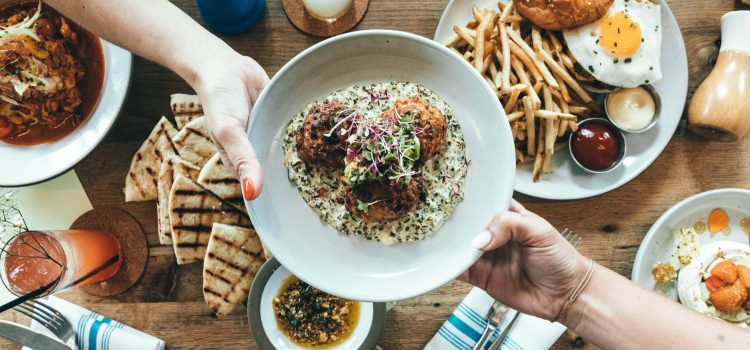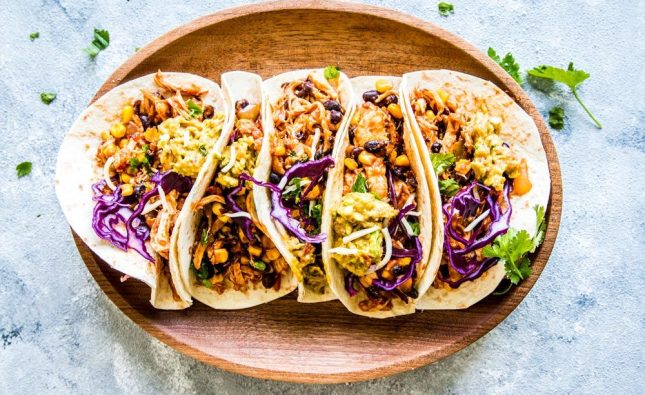
In recent years, there has been a growing movement towards eating real, whole foods instead of ultra-processed foods. Ultra-processed foods are those that are heavily processed and contain artificial ingredients, preservatives, and additives. They are often high in calories, sugar, salt, and unhealthy fats, and can contribute to a range of health problems, including obesity, diabetes, and heart disease.
The real food revolution is about making the switch from these unhealthy ultra-processed foods to whole, nutrient-dense foods that nourish your body and promote good health. Here are some tips for making the transition to a real food diet:
- Start with the basics
The foundation of a real food diet is simple: eat whole, unprocessed foods. Focus on fresh fruits and vegetables, whole grains, lean proteins, and healthy fats. Look for foods that are as close to their natural state as possible and avoid packaged foods with long ingredient lists.
- Swap out processed snacks
One of the easiest ways to cut down on ultra-processed foods is to swap out your snacks. Instead of reaching for chips, candy, or other packaged snacks, try fresh fruit, veggies and hummus, nuts, or homemade trail mix. These snacks are not only more nutritious, but they will also help keep you feeling full and satisfied between meals.
- Make your own meals
When you cook your own meals, you have control over what goes into them. Avoid pre-packaged meals, which are often high in sodium and unhealthy fats. Instead, try making your own meals using whole, unprocessed ingredients. Not only will they be healthier, but they will also taste better and be more satisfying.
- Shop smart
When shopping for groceries, read labels carefully and avoid foods with added sugars, preservatives, and artificial ingredients. Look for foods that are minimally processed and stick to the perimeter of the store where fresh foods are located. Try shopping at your local farmers market for fresh, seasonal produce.
- Meal prep
Meal prepping can help you stay on track with your real food diet. Take some time each week to prepare meals and snacks in advance, so you have healthy options on hand when you’re short on time. Cook large batches of soups, stews, or casseroles that can be portioned out and frozen for later.
- Focus on quality
When it comes to real food, quality is key. Look for foods that are grass-fed, pasture-raised, or wild-caught. These foods are often higher in nutrients and healthier fats than their conventionally-raised counterparts. You may also consider organic options for produce to reduce your exposure to pesticides.
- Don’t be too hard on yourself
Transitioning to a real food diet can be challenging, especially if you’re used to eating a lot of processed foods. Don’t be too hard on yourself if you slip up and have a cookie or two. Focus on making small changes over time and celebrating your progress.
In conclusion, making the switch to a real food diet may seem daunting at first, but it’s worth it for your health and wellbeing. By following these tips and focusing on whole, unprocessed foods, you can improve your diet and feel better in the long run. The real food revolution is here to stay, and it’s time to join in and enjoy the benefits of a real, whole foods diet.










